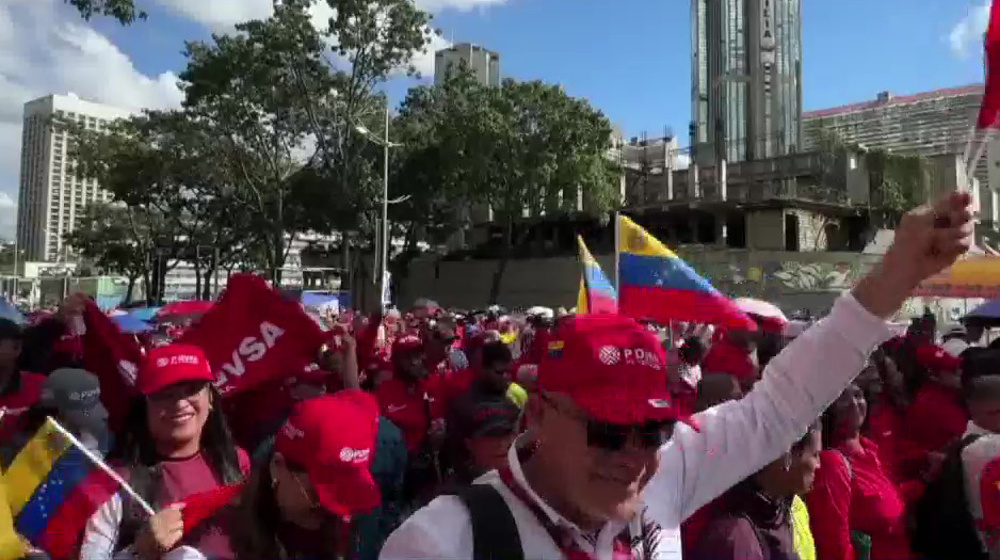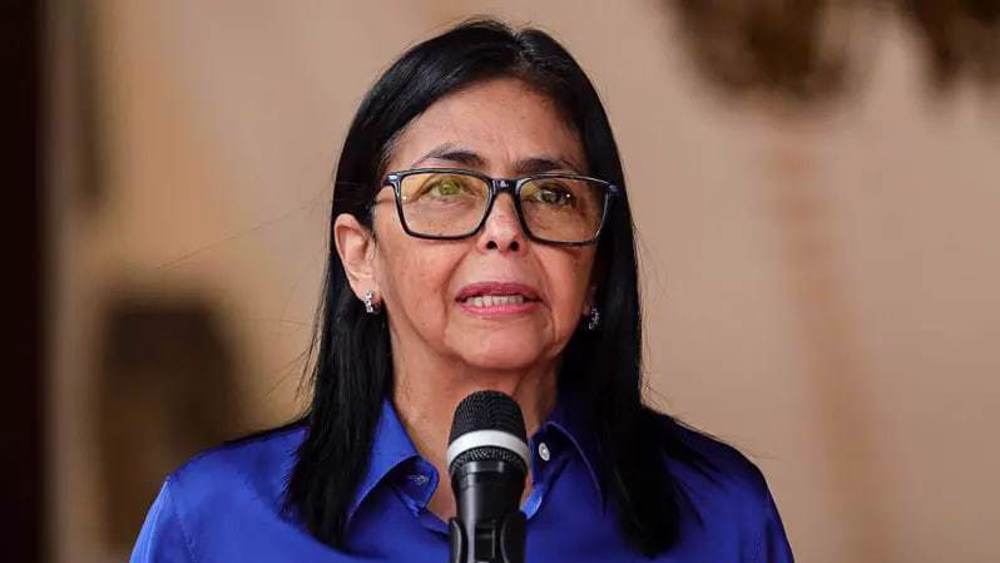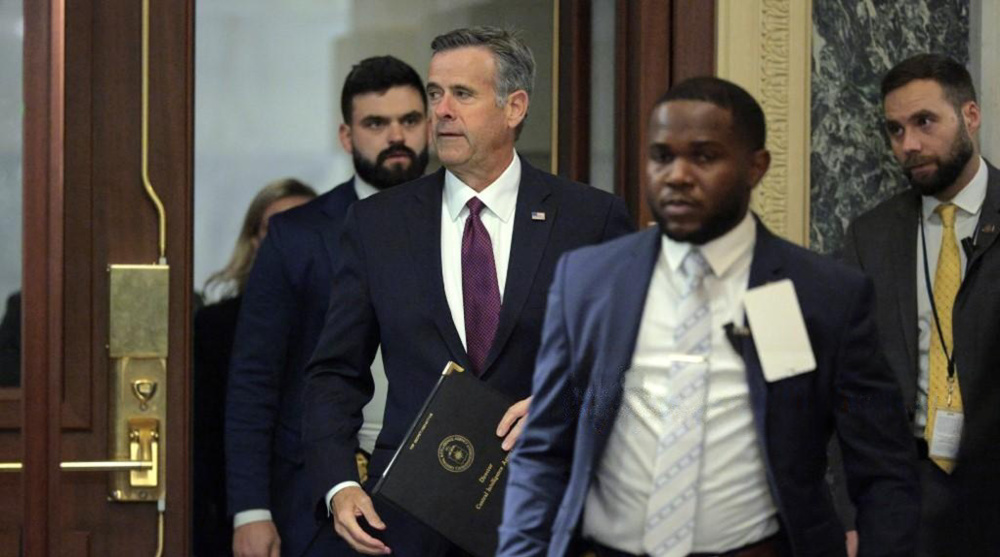Venezuelan president rejects European ultimatum on snap elections
Venezuelan President Nicolas Maduro on Sunday, February 3, rejected a call by European countries to organize elections after his rival Juan Guaido declared himself the country's interim leader.
Maduro said in an interview with Spanish television station Sexta that he would not "cave in to pressure" by those calling for his departure.
"They are trying to corner us with ultimatums to force us into an extreme situation of confrontation," Maduro said.
"Why does the European Union have to tell a country in the world that has already had elections that it has to repeat its presidential elections, because they were not won by their right-wing allies," he noted.
“Venezuela has done all its elections,” Maduro said. “Nobody in the world can come and disavow our constitution and our institutions and try and impose ultimatums.”
“We’re asking that no one intervenes in the internal affairs of our country and we’re getting ready to defend our country,” Maduro said.
Spain, France, Germany, Britain, the Netherlands, Portugal and Austria have said if Maduro does not call snap elections until Sunday they will recognize Guaido as Venezuela's legitimate president.
Guaido, already recognized by the United States, Canada, Australia and several Latin American countries, said Sunday he would lobby the European Union for badly-needed humanitarian aid to a nation wracked by economic crisis.
Guaido was also expected to announce a date for the arrival of humanitarian aid from the US – a path President Maduro believes will lead to a US-led military intervention.
In Washington, US President Donald Trump said Sunday sending military forces to Venezuela is “an option.”
“Certainly, it’s something that’s on the - it’s an option,” Trump said in an interview with CBS to be broadcast on Sunday.
In his Sunday interview, Maduro referred to the possibility of a civil war in Venezuela, and said it depends on the "level of craziness and aggression of the empire in the north (the US).
However, he supported plans for a meeting of Latin American and EU states in a "Contact Group" meeting in Montevideo next Thursday as it could lead to a "dialogue among Venezuelans to resolve our issues."
And he called on Guaido for "face to face" talks, which the younger man has already rejected.
Tens of thousands of Venezuelans have thronged the streets of Venezuela, holding rallies in support and against Maduro, who began his second six-year term in office last month.
The clashes began after Guaido, the opposition leader in the country’s National Assembly, proclaimed himself as the “interim president” and urged Maduro to resign.
The US rushed to support Guaido, announcing sanctions on Venezuela’s oil industry.
Trump’s remarks about possible intervention in Venezuela come after John Bolton, his hawkish national security adviser, played down speculations about military action in support of Guaido.
Reiterating that all options were on the table, Bolton told reporters on Friday that an intervention was not imminent and Washington looked forward to a peaceful transition of power.
Bolton has been linked with the possible deployment of around 5,000 US troops to Colombia amid the ongoing unrest in the neighboring Venezuela. He was photographed earlier this week holding confidential notes that pointed to such plans.
#IR47: How Iran’s Islamic Revolution continues to inspire anti-imperialist currents worldwide
VIDEO | Italians: EU no longer diplomatic broker but instrument of war
Leader: Any US-initiated war against Iran would become regional
Iran cementing ‘green gold’ legacy against US sabotage
Dismissing Trump’s interference, Iraq’s Shia bloc backs Maliki as prime minister nominee
ICE ordered to release 5-year-old boy and father after arbitrary arrest
Thousands rally across Europe to support Palestine, condemn Israeli atrocities
Hamas leader: Commitment to Gaza ceasefire hinges on Israel’s compliance













 This makes it easy to access the Press TV website
This makes it easy to access the Press TV website